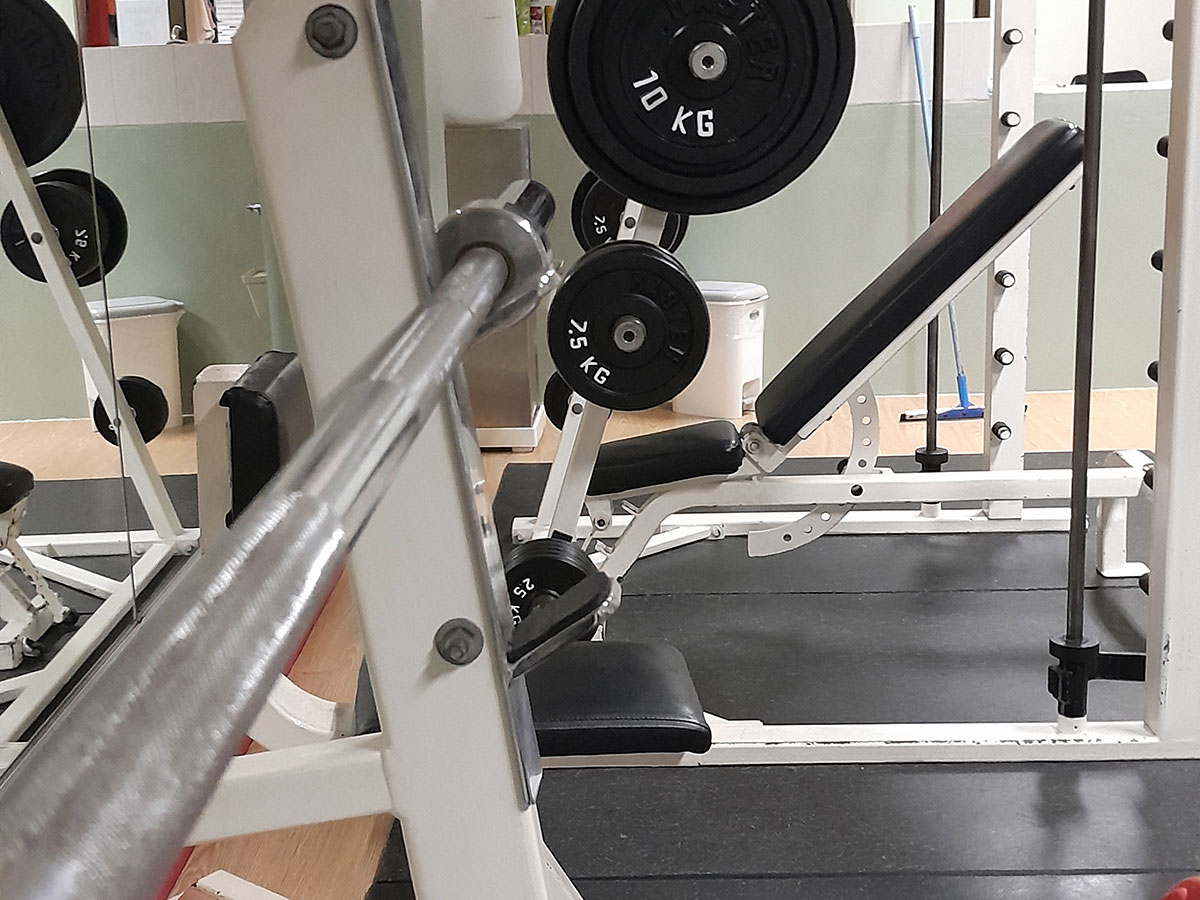The goal of strength training is to make your muscles stronger. This is important for everyone, whether you are an athlete looking to improve your game, an aging person trying to fight osteoporosis or diabetes, or a sedentary office worker struggling with obesity. The benefits of strength training are numerous.
Table of Contents
- Benefits of Strength Training for Performance
- Strength Training Benefits for Bones and Muscles
- Benefits of Strength Training for Systemic Health
- Mental Health Benefits of Strength Training
Benefits of Strength Training for Performance
Increase Strength (balance, mobility, stability)
As the name already suggests, strength training will make you stronger. Not only will your muscles adapt and grow stronger as a result of microtears in the muscle fibers, but your nervous system will learn to activate the muscles better. This helps tremendously with balance and coordination.
Improve Performance in Other Sports
Stronger muscles are a benefit in almost every other athletic field, whether you are swimming, running, or competing in combat sports. For example, stronger legs benefit cyclists and more efficient strides help runners, etc. Strength training can complement nearly every other sport and won’t cause you to bulk up. This is a myth.
Prevent Injuries
Resistance training addresses muscle imbalances, keeping your joints stable. Therefore you will reduce the risk of injury due to postural habits, repetitive movements, and overuse in other sports or at work. Stronger muscles, tendons, and ligaments keep your joints stable, reducing the risk of injury or falls, which is especially important for seniors.

Strength Training Benefits for Bones and Muscles
(Re)building Muscle
Strength training is the best type of exercise to build muscle for all ages. For people over 50, it even becomes essential, because the rate of muscle loss doubles after this age. Many studies show that 2 or 3 sessions of half an hour per week is enough to build two kilos of muscle in a few months. The best results are achieved with challenging exercises, consistently, over the long term, and with enough rest.
Reverse Aging in Skeletal Muscle
Strength training reverses specific aging factors in muscle tissue. Research shows that mitochondrial impairment and muscle weakness in older adults can be substantially reversed with resistance training. It reprograms muscle fibers to a more youthful state. Low-impact, full-body workouts with a focus on the lower body and core are therefore highly recommended for people over the age of 70.
Fight Osteoporosis, Increase Bone Density
Weight training can help build and maintain strong bones, which is important to fight osteoporosis. You can use your body weight alone or with resistance. When you bear weight through your bones, they are stimulated to produce more cells. This helps to build bone (when you are young) and protect against bone loss (for seniors).

Benefits of Strength Training for Systemic Health
Improve Cardiovascular Health
Weight lifting is one of the best things you can do for the health of your heart, and even to speed up recovery from a cardiovascular event. As little as 60 minutes of strength training per week will lower blood pressure, increase the good cholesterol and reduce bad cholesterol, increase cardiac output and significantly lower the risk of dying of cardiovascular disease.
Strengthen Immune System
Cardio and strength training both enhance immunity against bacterial and viral infections and other diseases such as cancers. Exercise of any sort causes an increased rate of blood flow. Muscle contractions during strength training increase lymph drainage, and so more immune cells will circulate in the body.
Burn Fat, Increase Metabolism
Cardio exercises are still the best for burning calories. But regular bursts of intense resistance training can also raise your metabolism high enough to burn calories for hours after your workout is done. And the more muscle you build, the more calories you burn during your workout.
Diabetes Management
Strength training is a great tool for diabetes management, through improved insulin sensitivity, glucose control, and metabolism. Adding at least two strength training sessions to your weekly exercise routine will improve how your body uses blood sugar.
Increase Libido
Lifting weights helps to regulate hormone levels in your body and increases testosterone levels. Together with a changed physique and more self-esteem, your sexual function and libido will improve.

Mental Health Benefits of Strength Training
Improve brain function
Lifting weights is a smart thing to do. As with other forms of exercise, strength training can improve cognitive functions, such as enhanced memory and executive function, and clearer thinking. This is mainly due to increased blood flow to the brain, which brings oxygen and nutrition to the brain.
Improve self-esteem
Strength training works wonders for your self-esteem. We have known this for decades now. When you start to get stronger (which is almost immediately) and your body composition starts to change (usually within a few months), your body image and confidence will improve. Especially young people benefit from the effects of strength training on their self-image.
Reduce depression and anxiety
There are several mechanisms by which strength training improves mood and reduces symptoms of depression and anxiety, such as the release of endorphins, serotonin, and dopamine.

